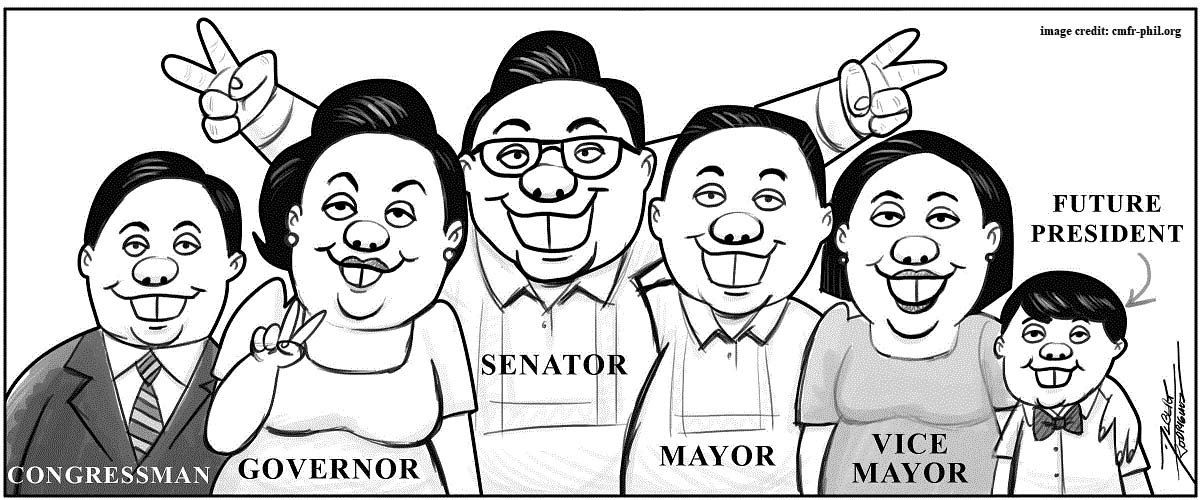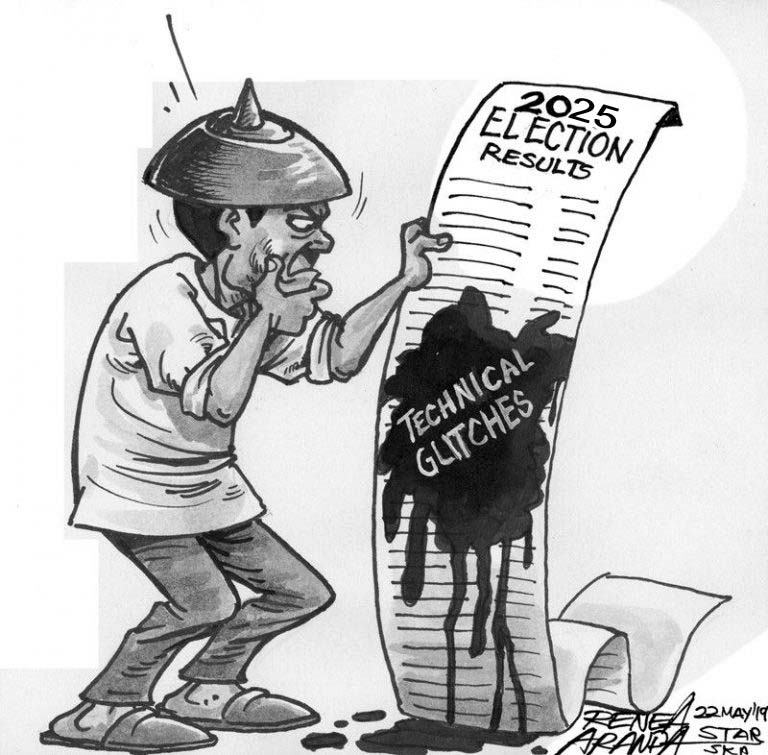sheilla cajayon ysug-lee, r.n.
As the electoral landscape continues to evolve, political strategies have become a crucial determinant of a candidate’s success. The way a candidate presents themselves, engages with voters, and responds to their opponents can significantly influence the choices made by the electorate. In this editorial, we will explore the impact of political strategies on voters’ decisions and examine the implications for the democratic process.
In modern politics, a well-crafted campaign strategy can be the difference between victory and defeat. Candidates who effectively utilize social media, leverage data analytics, and craft compelling narratives can build a strong brand and connect with voters on a deeper level. Conversely, those who fail to adapt to the changing political landscape risk being left behind, struggling to resonate with an increasingly diverse and discerning electorate.
One of the most significant ways in which political strategies affect voters’ choices is through the creation of emotional connections. Candidates who successfully tap into the hopes, fears, and values of their constituents can build a loyal following and create a sense of ownership among their supporters. This can be achieved through powerful storytelling, relatable policy proposals, and a commitment to transparency and accountability. For example, a candidate who highlights their personal struggles and experiences can create a sense of empathy and understanding among voters, making them more relatable and trustworthy.
Another critical aspect of political strategies is the use of data analytics and micro-targeting. By leveraging advanced data tools and techniques, campaigns can identify and engage with specific voter segments, tailoring their messages and policies to resonate with these groups. This can be particularly effective in swing districts or among demographics that are historically marginalized or underrepresented. However, the use of data analytics also raises important questions about voter privacy and the potential for manipulation, highlighting the need for greater transparency and regulation in the use of personal data in politics.
The role of negative campaigning is also a significant factor in shaping voter decisions. While negative advertising can be effective in discrediting an opponent, it can also backfire and alienate voters who are turned off by divisive rhetoric and personal attacks. Candidates who focus on solving problems and proposing solutions, rather than simply attacking their opponents, are often seen as more credible and trustworthy. Furthermore, the use of fact-checking and accountability mechanisms can help to mitigate the impact of misinformation and promote a more nuanced and informed public discourse.
Ultimately, the impact of political strategies on voter choice highlights the importance of critical thinking and media literacy in the democratic process. Voters must be aware of the tactics and techniques used by campaigns to influence their decisions and be willing to seek out diverse sources of information to inform their choices. By doing so, they can make more informed decisions and hold candidates accountable for their policies and actions.
In conclusion, political strategies play a significant role in shaping voter decisions and influencing the outcome of elections. Candidates who effectively utilize social media, leverage data analytics, and craft compelling narratives can build a strong brand and connect with voters on a deeper level. However, the use of negative campaigning, manipulation of personal data, and other tactics also raises important questions about the integrity of the democratic process. As voters, it is essential that we remain vigilant and critically evaluate the information presented to us, seeking out diverse perspectives and holding candidates accountable for their actions. By doing so, we can ensure that our democratic system remains robust, inclusive, and responsive to the needs and aspirations of all citizens.















